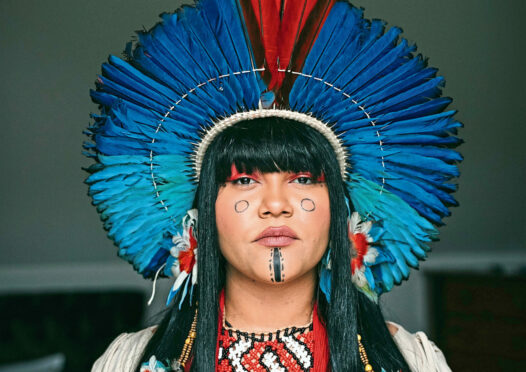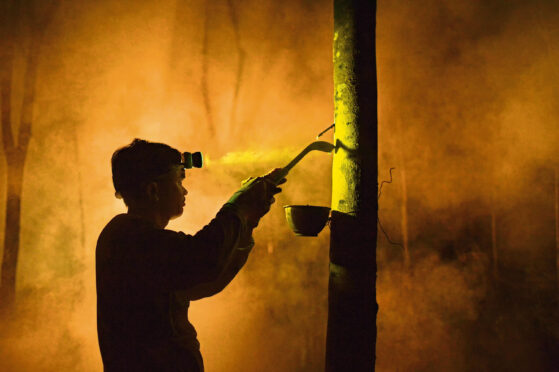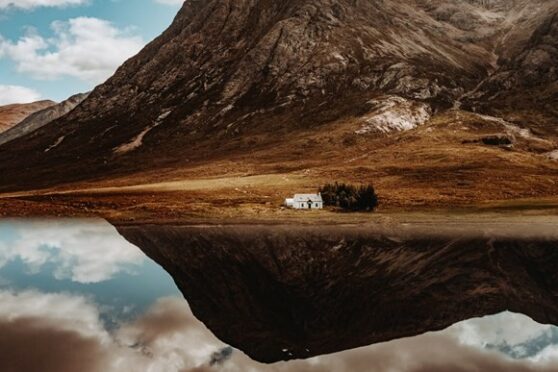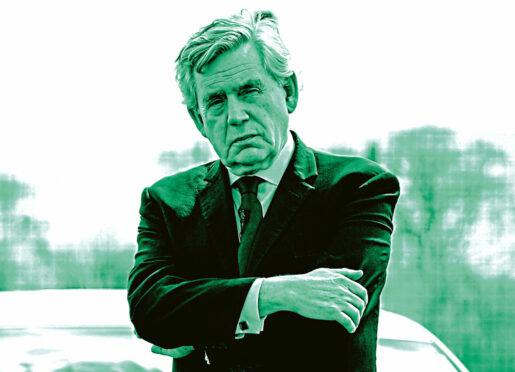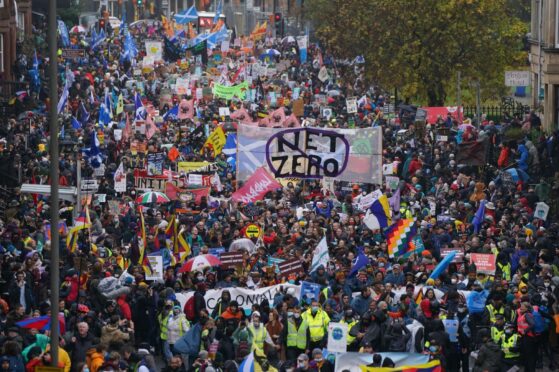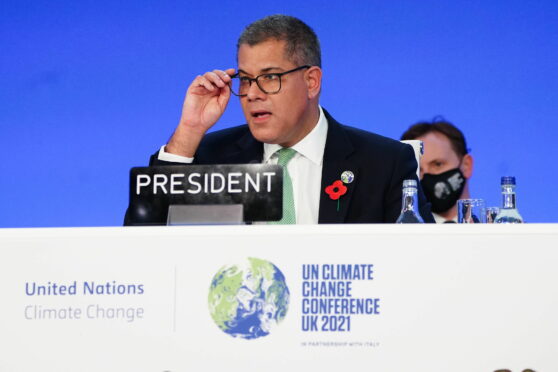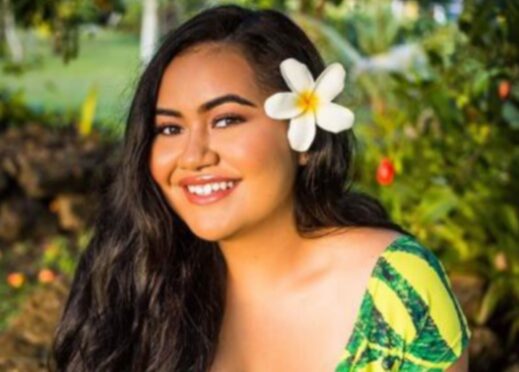
I come from the Pacific Island of Samoa, and am a proud Pacific Island Warrior.
There are many reasons why I travelled so far from my home to Glasgow for the Cop26 climate summit but by far the biggest and most important is hope: hope that action will be taken, change will come and our planet will be protected.
Where I’m from our people have a saying: “What is felt on the sea, is felt on the land.”
This is a lesson on connection, and the ties we have with nature and with humanity. When natural disasters hit my island, they often show their full force.
We regularly see extreme flooding, drastic water rationing due to drought, coral bleaching, frequent cyclones, and so much more. That is the reality of living on the front lines of the climate crisis, and this is the constant reality for my people.
During a cyclone not long ago, I was in a village and saw the local chief with a group of children.
He was taking a roll call because there had been a strong flood during the night, and they were afraid that children may have been swept away.
It was raining, windy and overall freezing but look at this island resilience ✊🏽🤎 https://t.co/bCUM4LR7oD
— Brianna Fruean (@Brianna_Fruean) November 7, 2021
If you are someone who hasn’t seen such drastic effects personally, if you have never had a child in your community washed away in the night due to climate-caused floods, your heart may not have been broken like mine, or the people in my community, from such events.
But this is our reality, and we can’t make it go away alone. This is an issue affecting all of humanity, and it is a crisis that needs all of humanity to solve it. I believe strongly that we are up to the task.
I’m in Glasgow, with the strength of my ancestors behind me, to represent my people, and to represent the voices of a Pacific that will not give up.
We have not travelled so far to hear more excuses, or to observe more failures from world leaders who seem to create more problems for us.
The solutions to these problems, and ways to fix the climate, are well known. There is a need for proper leadership to create new ways of solving these problems, and that’s why I, like thousands of others, have come to Glasgow.
So far, many big announcements have been made at the Cop26 summit. Yet, much of the talk is about getting the needed changes done only by 2050, or even 2070, allowing for CO2 emissions and fossil fuel pollution to continue to grow radically in the next 10 to 20 years.
Starting to change in 2050 is not a time frame that solves the problem and keeps global warming below 1.5°C, it is quite the opposite.
When politicians are elected for four-year terms, and thus have no incentive to do anything now, nothing will change.
Energy companies know this, and send their lobbyists to write new laws for many of their friends in government, making the situation worse.
At the climate summit, we hear very much talk about loose goals for spending billions or trillions of dollars to help.
But, the announcements made often use terms like “if possible”, or “except in difficult circumstances”.
In reality, these phrases are inserted specifically to allow for inaction, and for such loopholes to be used unfairly by polluters to avoid change.
The change needed from this conference by people on my island in Samoa is a radically different one. We are organising for, and creating in practice, a just transition to clean energy.
We talk about climate justice, which ensures that people are put first. In order to do this, we need a just transition to renewable energy. A transition that centres communities, workers, and civil society at the heart of its mission.
We know that the climate crisis is an emergency, which demands rapid and far-reaching action to turn away from the worst of fossil fuels now, to avoid some of the worst extreme weather events impacting people, like the children of my Samoan Islands. We are here to force leaders to act, and to show them the way.
On Pacific islands like mine, we’ve suffered directly from climate disruption for some years now, and have learned to adapt.
We are the first to suffer these impacts, but we won’t be the last. Everyone across the world needs to take action, before things get worse. We are fighting for our existence, often winning, and encourage you all to help us.
Together we can continue creating the change everyone needs. Especially my people back home in Samoa.
Usually leaders of all 14 Pacific island states would attend climate summits but only three came to Glasgow – of Palau, Fiji and Tuvalu – because of pandemic-related travel restrictions.
Seve Paeniu, finance minister of Tuvalu, said the plight of the low-lying islands was desperate and urged action on emissions.
“Islands are disappearing – we are literally sinking,” he said.
High tides risk flooding while salt water is blown on to crops by storms and cyclones as the island leader calls for the financial assistance to ease the crisis.
Brianna Fruean is a student, Samoan climate activist, and member of the Pacific Climate Warriors delegation at Cop26.

Enjoy the convenience of having The Sunday Post delivered as a digital ePaper straight to your smartphone, tablet or computer.
Subscribe for only £5.49 a month and enjoy all the benefits of the printed paper as a digital replica.
Subscribe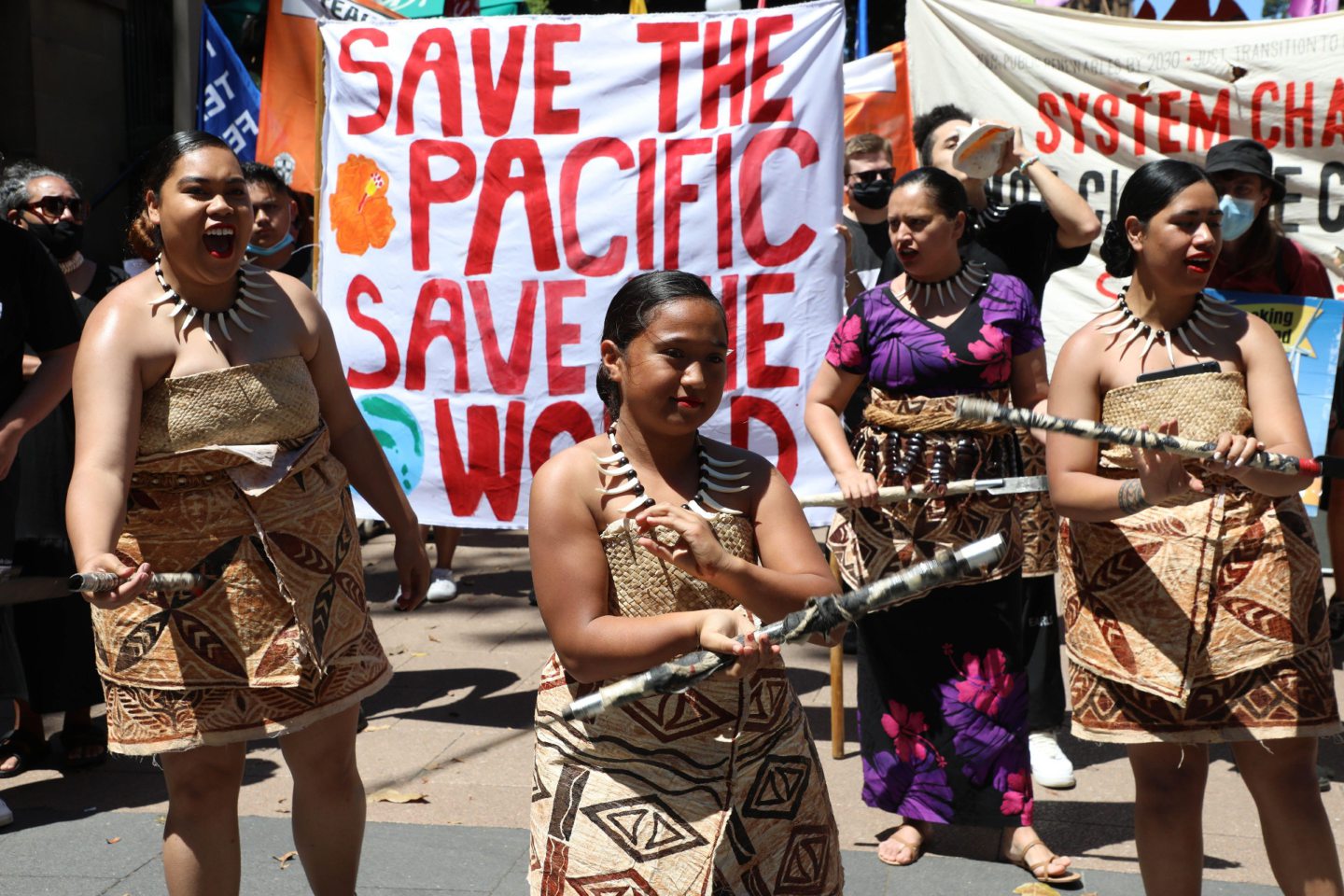 © Alamy Live News.
© Alamy Live News.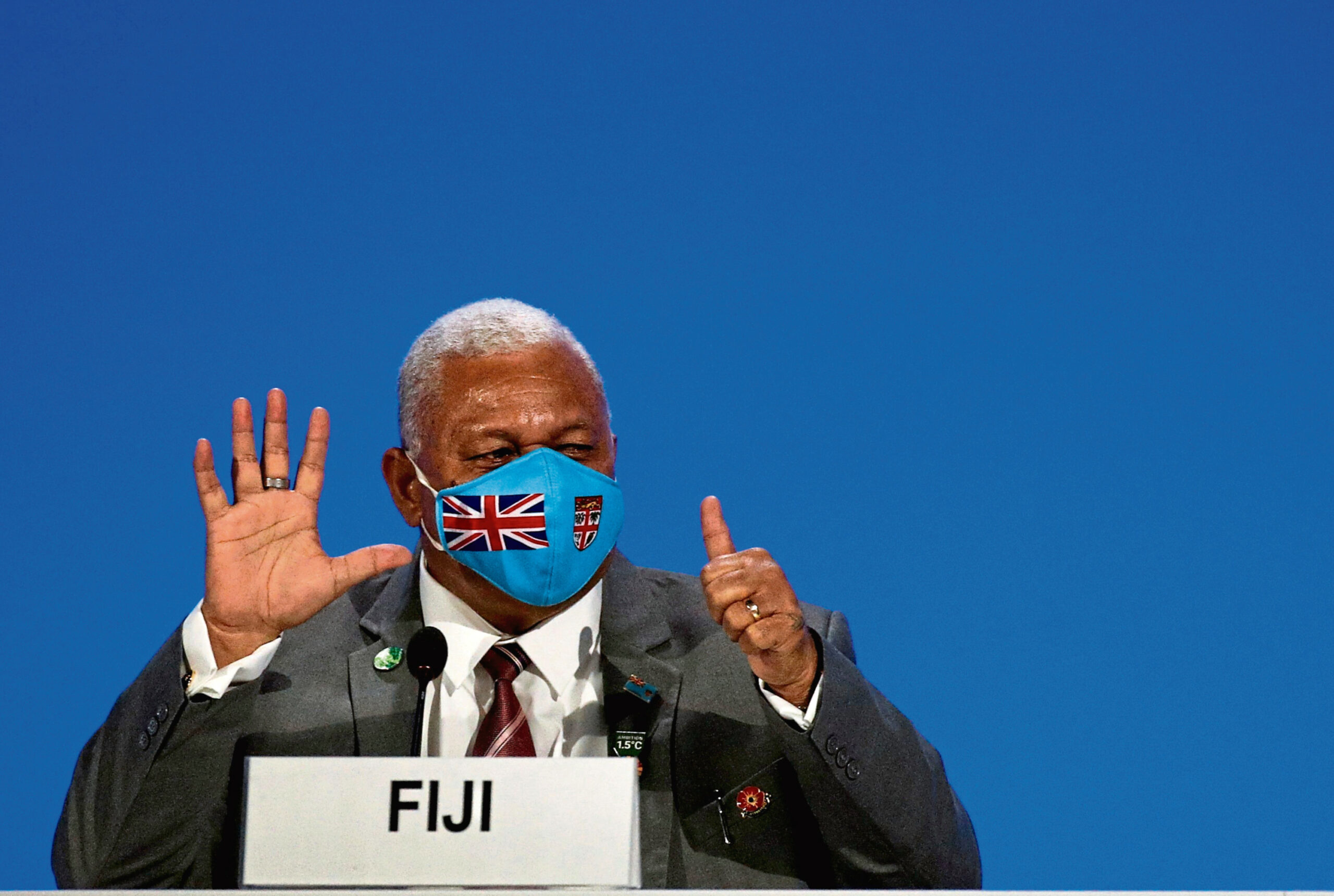 © Phil Noble/AP/Shutterstock
© Phil Noble/AP/Shutterstock